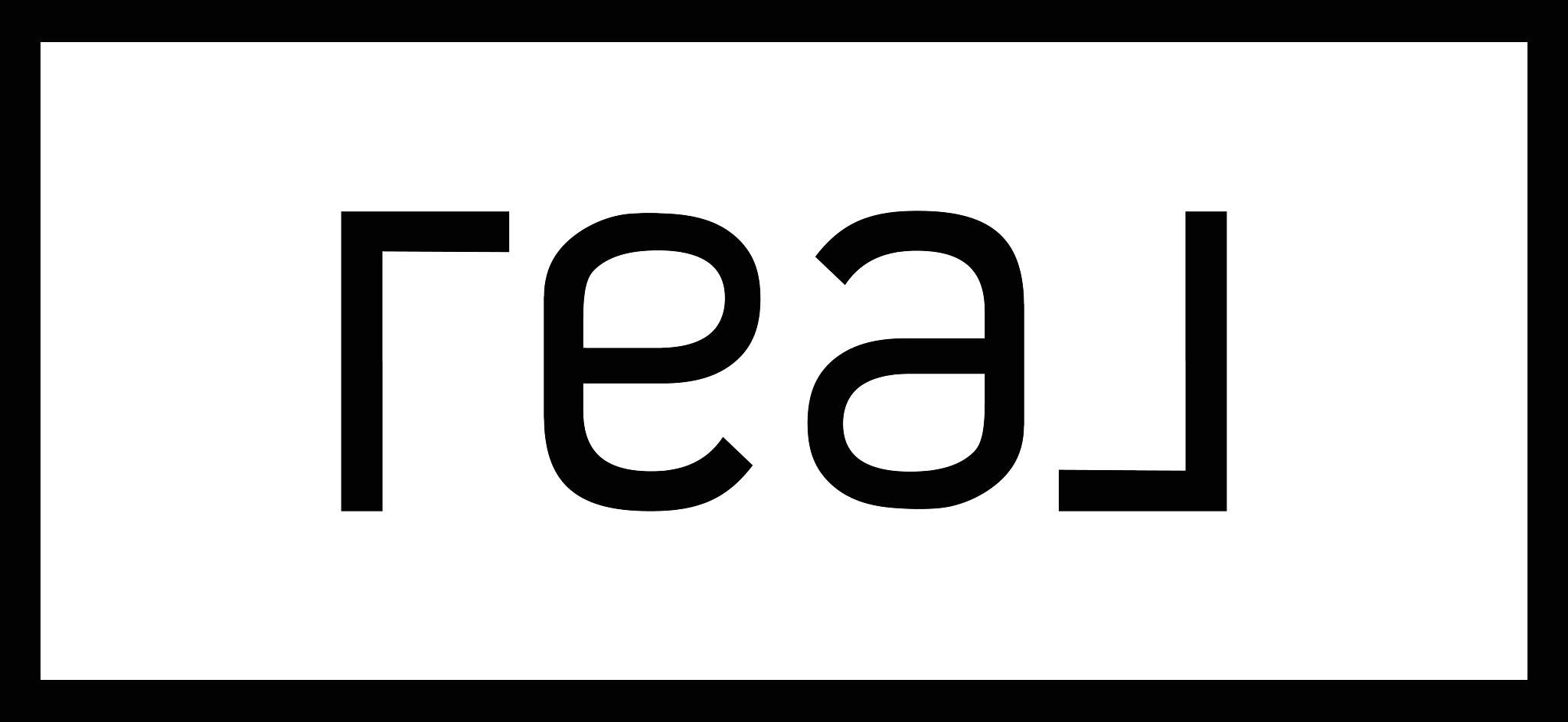Should You Buy or Sell First? A Guide for 30A Homeowners
When you're ready to make a move in the 30A real estate market, whether it's buying a primary residence, a second home, a vacation retreat, or an investment property, one big question often arises: Should you buy your new home first or wait till you sell your current one? Both options come with distinct advantages and drawbacks. The right choice depends on your specific situation, whether you're a year-round 30A homeowner, someone looking for a vacation home on 30A, or an investor eyeing 30A rental properties. Below, I break down the key factors to help guide your decision.
Buying First: Pros and Cons
If you come across your dream beach home on 30A or the perfect investment property before your current home sells, the temptation to buy first can be strong. After all, no one wants to miss out on a rare opportunity. But before diving in, consider the following pros and cons.
Pros:
You Have a Place to Go: Whether you’re upgrading your primary residence or purchasing a second home, buying first ensures that you’ll have somewhere to go once the deal is done. For those looking for a vacation home on 30A, you won’t have to worry about securing temporary housing during peak season. This is particularly beneficial for families who use their homes for long stretches or investors seeking immediate rental income.
More Control Over the Move: Owning your next home before selling your current one gives you flexibility. You can take your time moving into your new 30A beach house or investment property, avoiding the rushed transitions that often come with back-to-back sales.
Cons:
Financial Strain of Owning Two Properties: Owning two homes simultaneously, especially in the competitive 30A market, means double the expenses. This could involve managing two mortgages (unless you buy outright), property taxes, maintenance costs, and HOA fees. This financial burden can be a challenge unless you're prepared with substantial savings or secure a bridge loan.
Pressure to Sell Quickly: Once you've purchased your new home, there may be pressure to sell your current property fast—especially if it’s your primary residence and you don’t want to carry two mortgages for long. This urgency can lead to accepting a lower offer on your existing home just to expedite the process.
Selling First: Pros and Cons
On the flip side, selling your primary residence, second home, or investment property before buying offers financial security, but it also comes with its own set of challenges.
Pros:
No Double Mortgage: By selling first, you avoid the complexity and financial strain of carrying two mortgages. This is especially beneficial if you're looking to upgrade your vacation home or buy an investment property in 30A that requires renovation. You’ll know exactly how much you have to work with for your next purchase, and this can streamline the buying process.
Stronger Buying Power: Selling first gives you liquidity and increases your buying power. In competitive markets like Seaside or WaterColor, sellers prefer buyers with immediate funds, which can give you an edge when purchasing your next property—especially if you’re eyeing a vacation rental property with high income potential on 30A.
Cons:
Temporary Housing Solutions: Selling first means you might need to figure out where to live while you search for your next 30A beach home. Whether it’s renting short-term, staying with family, or managing a vacation rental while house-hunting, this added step can be stressful, especially during 30A's peak rental seasons when accommodations are scarce.
Feeling Rushed to Buy: Once your current home sells, you might feel the pressure to find your next place quickly. Whether it’s a vacation home or a primary residence, being in a rush to buy can lead to settling for a home that doesn’t quite check all your boxes.
Factors to Help You Decide
Deciding whether to buy or sell first depends on several factors. Here's how to evaluate what works best for your specific situation, whether you're buying a primary home or expanding your portfolio of 30A investment properties.
1. Current Market Conditions on 30A
Is it a seller's market or a buyer's market on 30A? In a seller’s market—where demand outstrips supply—selling first might give you an advantage, as homes tend to move quickly, and you won’t need to wait long for offers. This scenario is common in areas like Rosemary Beach or Grayton Beach where demand is often high for luxury beach homes.
In a buyer’s market, it might take longer to sell your home. If you're buying a vacation property on 30A, it could make sense to secure that property first and worry about selling your existing one later, particularly if the market favors buyers and homes are sitting longer.
2. Your Financial Situation
Can you comfortably manage two mortgages for a short period? For those purchasing a second home or an investment property, your financial flexibility plays a huge role in your decision. If you have the means to carry two properties, buying first allows for more control and less urgency. However, if your funds are tighter or you're relying on the sale of your current property to finance the next, selling first could provide more financial security.
For investors, the key question is whether the rental income potential from your new 30A vacation rental can offset the holding costs while waiting for your existing property to sell.
3. Risk Tolerance
How comfortable are you with uncertainty? If the thought of juggling two properties or the risk of not selling quickly gives you anxiety, it might be best to sell first. On the other hand, if you're flexible and can handle the financial and logistical overlap of owning two homes, buying first gives you more time to find the ideal next property.
Alternatives: Bridge Loans and Contingency Offers
If neither buying first nor selling first feels right, there are alternative solutions that can bridge the gap.
Bridge Loans
A bridge loan is a short-term loan that allows you to purchase your new home before your current home sells. This can be a useful option for buyers in 30A who don’t want to miss out on their next property, especially if you're looking at rare opportunities like a Gulf-front home or an investment property with significant rental income potential. Bridge loans give you financial flexibility without the immediate pressure to sell.
Contingency Offers
You can also make an offer on your next home with a contingency clause that the sale is dependent on selling your current home. This can help protect you from the financial strain of owning two homes at once, but not all sellers in competitive markets like WaterSound Beach or Alys Beach will accept contingent offers, especially if they have other buyers lined up.
Conclusion: Making the Best Decision for Your 30A Property
Ultimately, whether you decide to buy your new home on 30A first or sell your current one depends on your personal financial situation, market conditions, and how much risk you're comfortable with. If you're buying a primary residence, the decision might weigh more heavily on financial security. If you're purchasing a vacation home or an investment property, you’ll want to consider factors like rental income potential and market trends on 30A.
Weigh the pros and cons carefully, and take into account current market dynamics, your financial flexibility, and how much risk you're willing to take. Whether you're upgrading your primary home or expanding your portfolio with a vacation rental on 30A, understanding your options will help ensure a smooth and stress-free move.
Need help deciding?
Let's talk about your unique situation. You give me the details, and I'll make my best recommendation.




